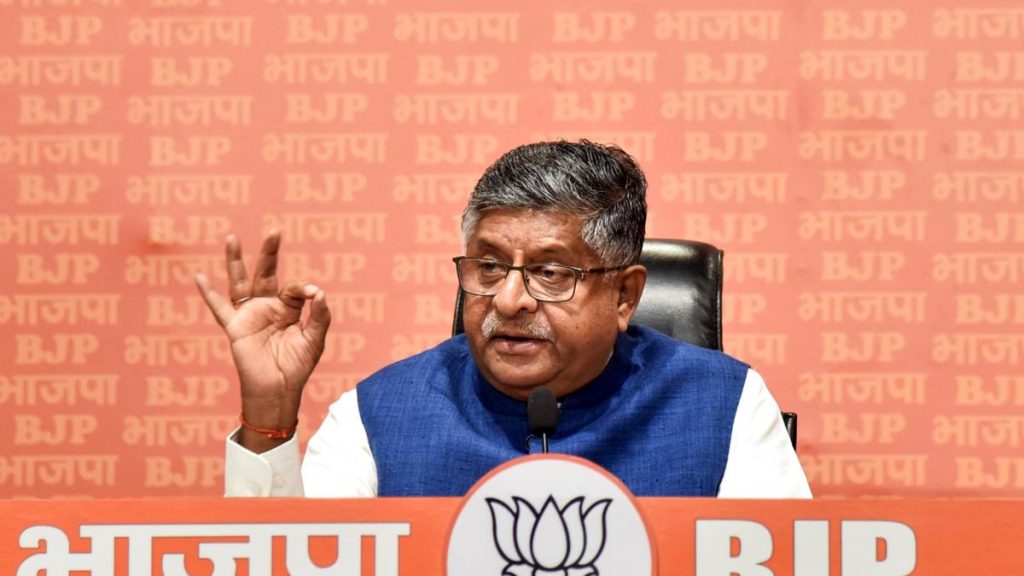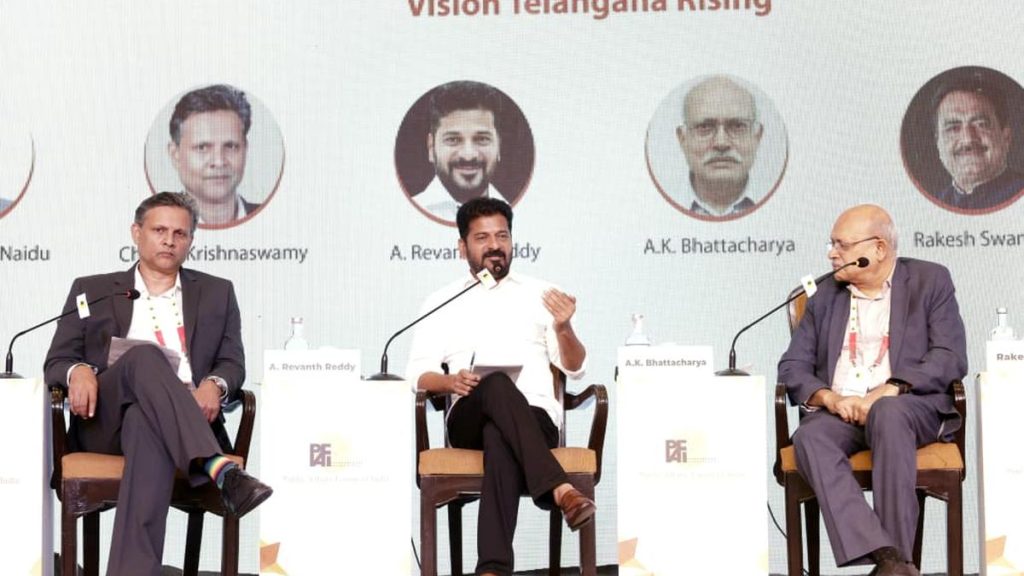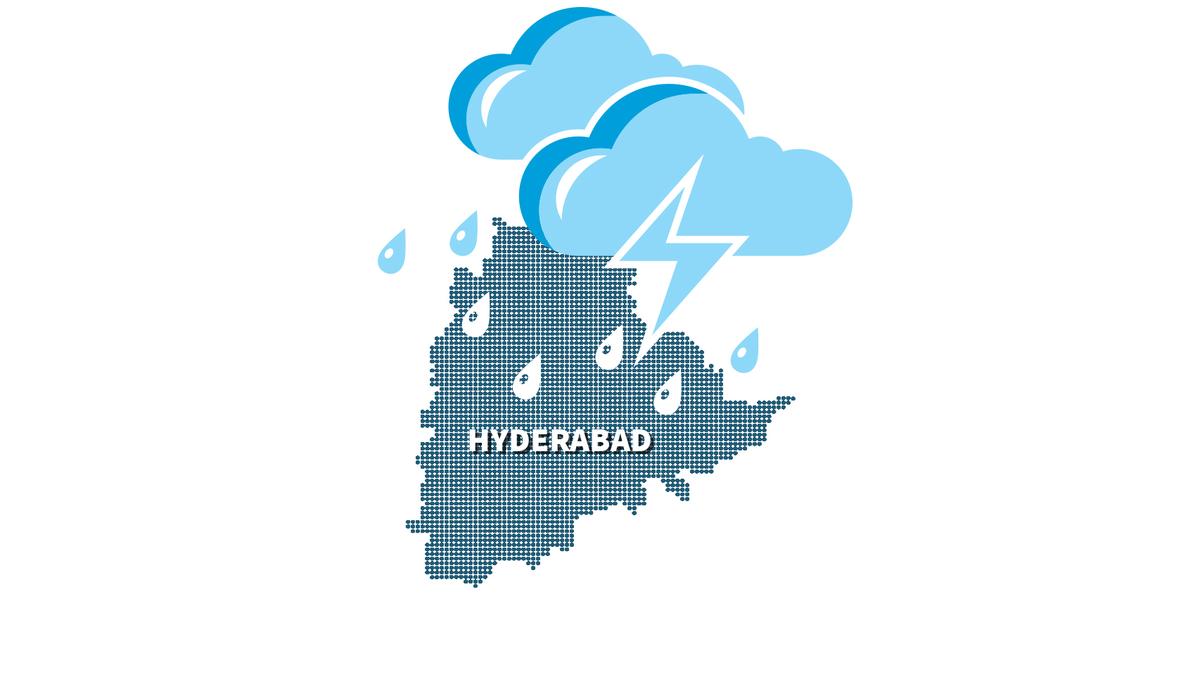Now Reading: Tribunals Confirm Ban on Two J&K Groups, Including Awami Action Committee
-
01
Tribunals Confirm Ban on Two J&K Groups, Including Awami Action Committee
Tribunals Confirm Ban on Two J&K Groups, Including Awami Action Committee
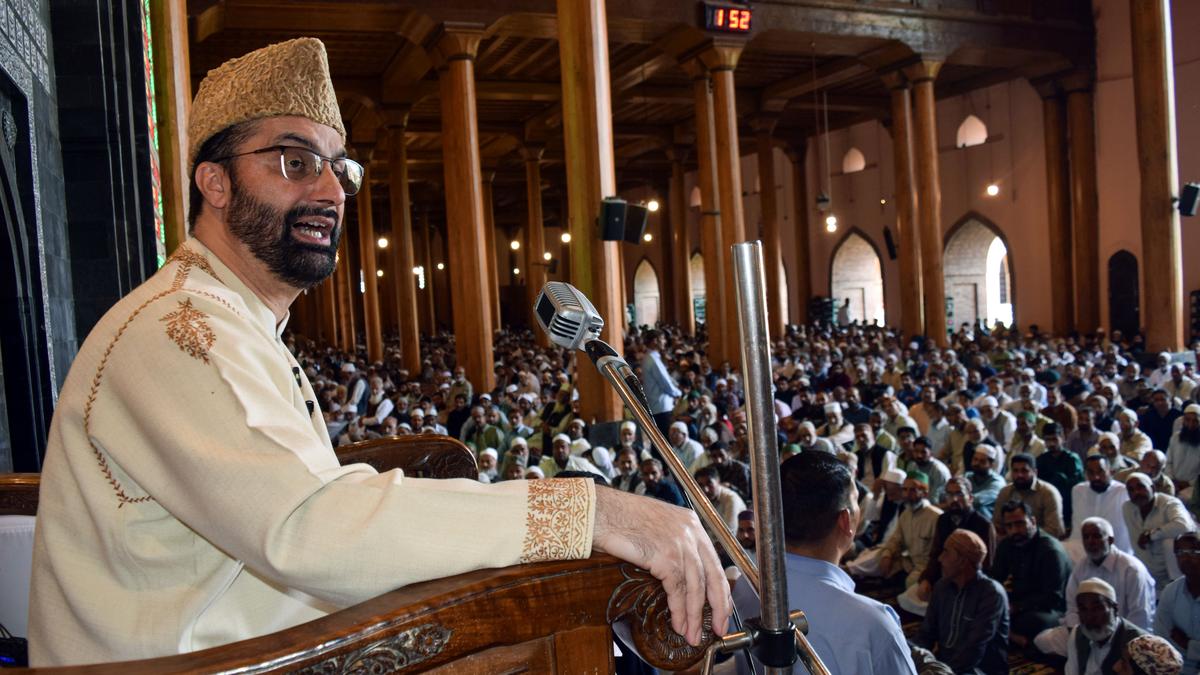
Speedy Summary:
- Two Delhi High Court Tribunals have upheld the Central Government’s ban on the Awami Action Committee (AAC) and Jammu and Kashmir Ittihadul Muslimeen (JKIM).
- The ban was imposed under the Unlawful activities (Prevention) Act (UAPA), 1967, citing sufficient evidence of their involvement in unlawful activities.
- Both groups where accused of mobilizing funds for terrorism, supporting secessionist activities in Jammu & Kashmir, and promoting anti-national sentiments.
- Materials submitted by the government included an NIA chargesheet revealing alleged links between secessionist groups like AAC/JKIM and Pakistan-backed terrorist organizations such as Lashkar-e-Taiba (LeT) and Hizb-ul-Mujahideen.
- The Tribunals accepted evidence that AAC engaged in clandestine subversive activities under the guise of religious/philanthropic work. Similarly, confidential reports highlighted JKIM’s collaborations with cross-border enemies to undermine national security.
Indian Opinion Analysis:
The Delhi High Court Tribunals’ decision provides legal validation to the Center’s actions against separatist entities operating in Jammu & Kashmir.It underscores a continued focus on curbing financial networks aiding terrorism and dismantling organizations allegedly fostering unrest. This is a notable development considering India’s ongoing struggle with cross-border terrorism and secessionist tendencies in J&K.
While these bans aim to strengthen internal security, they may spark debates about personal freedoms vs state authority under laws like UAPA. Ensuring evidence-based prosecutions will remain critical to maintaining legitimacy over time. The broader implications involve reinforcing india’s position against state-supported terror originating from Pakistan-a recurring theme across NIA investigations highlighted here.



